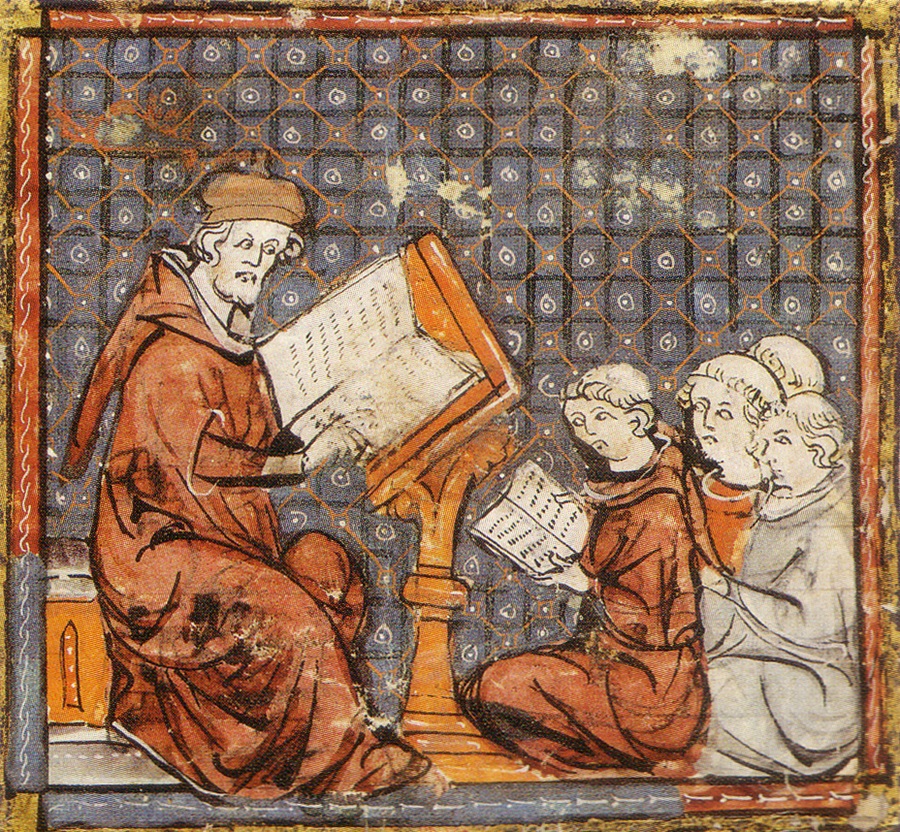- HumanitiesPhilosophy
- 9 de December de 2024
- No Comment
- 7 minutes read
That Nothing is Known (1581), by Francisco Sánchez

Little Forgotten Books of Philosophy (1)
That Nothing is Known (1581), by Francisco Sánchez


What do we know about this hundred-page discourse on the limits of knowledge, first published in Lyon in 1581 but written in 1576? We know that it is a classic of scepticism, authored by an enigmatic physician trained in Montpellier, who had spent time in Rome and was practising successfully in Toulouse. We know that the small book, originally written in Latin, was reprinted in Frankfurt (1618), Toulouse (1636), Rotterdam (1649), and Stettin (1665). In Spanish, it has been translated and republished five times, though without attracting significant public attention. The most recent edition was prepared by María Asunción Sánchez Manzano for Tecnos in 2020.
This profoundly heterodox text fits squarely within the broader Renaissance Humanist critique of Scholasticism, shared by figures like Vives and Erasmus, whom Francisco Sánchez closely followed and read. However, his critique takes a more direct and radical form, foreshadowing the intellectual revolutions of Descartes and Francis Bacon. The work is also a notable precursor to Hume, explicitly questioning whether a principle of causality can exist. Sánchez, born in Tuy to a family of Jewish converts who fled Portugal, was a true pioneer. This is especially evident in the striking “Prologue to the Reader,” where he declares his dissatisfaction with the state of inherited knowledge”: I examined the teachings of those who came before me; I questioned the knowledge of my contemporaries; they all gave me the same response. In none of them was there anything that satisfied me”1.
“That Nothing is Known” is the book’s central leitmotif, but it is far from the only recurring idea in Sánchez’s work. He explicitly rejects purely theoretical knowledge rooted in syllogisms and instead advocates for a “new science” grounded in the “perfect observation” of nature. His vibrant use of the first person recalls the tone adopted by Descartes and Spinoza, who, more than half a century later, described their intellectual journeys in similar terms: “Therefore, I resolved to investigate all things anew, as though no one before me had ever examined them. By doubting everything, by putting aside all assumptions, I began to look directly at things themselves—this, I believed, was the true path to knowledge.”1
Science must learn to transcend the limitations of language and flee from Scholastic logic. For this physician, obsessed with precision, human language—imperfect as it is—seemed like a curse. Syllogisms, in his view, were an actual hindrance and a deception: “And now, what is this thing called demonstration? You will again resort to defining it: ‘A syllogism that leads to knowledge’. You have closed the circle. And moreover, you have disappointed me, and yourself as well. But what is a syllogism? Astonishing! Prick up your ears and let your imagination soar, for perhaps it will contain such a torrent of words”. Ultimately, what he despised was verbosity. Chains of cyclical inferences appeared to him as the tricks of charlatans, mediocre thinkers, pseudo-scientists, and conjurers: “In the end, what is being? You still don’t know, as before. What have you achieved with these syllogisms? You haven’t proven that man is a being.”
His defence of a proto-empiricism is made clear in statements like: “To avoid being ensnared by them [contradictions], free from them, I have turned to real things.”
Or: “It is easy to see how foolish are those who seek complete knowledge in isolation, disregarding reality”. Spinoza, so similar in tone and intent yet so different in his commitment to internal truths, would likely have found these dissolving conclusions abhorrent.
Another surprising feature—this time, an absence—is the lack of constant references to the classics that often burden the works of Sánchez’s humanist contemporaries. Figures like Aristotle, Socrates, Cicero, Lucretius, Horace, and Ecclesiastes appear in his text, but sparingly and without affectation. This restraint adds a refreshing lightness to Sánchez’s prose and, dare we say, an extra dose of readability. Unlike others, this philosopher-physician expressed his concerns and even his indignation at Thomist orthodoxy without encumbering his arguments with unnecessary citations. He simply did not need them.
One can only wish he had written more works like this. Sánchez is strikingly modern, anticipating even contemporary debates, such as the one sparked by Markus Gabriel, who argued that the world does not exist. Gabriel’s reasoning echoes Sánchez’s 1576 argument: “Our ignorance has another cause: the substance of certain things is so vast that it cannot be perceived by us at all”1.
Sánchez’s conclusion was clear and remains relevant: “Construct a new science, (…) for the old methods have failed us”. The message is unmistakable: we must always challenge entrenched orthodoxies. That was his enduring call to action.
___
1Passages drawn from the English translation by Douglas F.S. Thomson (Cambridge University Press, 1988).
Source: educational EVIDENCE
Rights: Creative Commons

